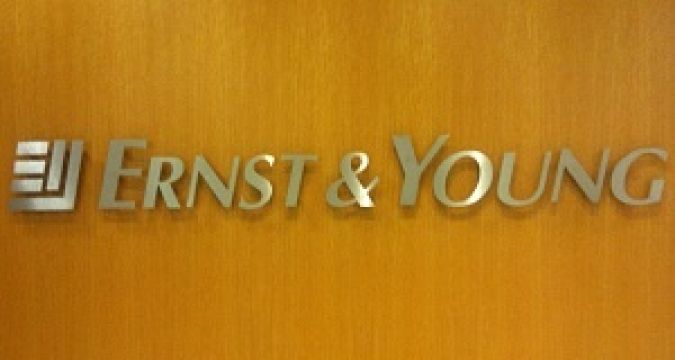Big Four accounting firm Ernst & Young will pay $100 million (€94.4 million) to settle US Securities and Exchange Commission (SEC) charges that its auditors cheated on certified public accounting (CPA) exams and that it misled the agency's investigators.
The London-based auditor admitted to the charges, the regulator said, and agreed to pay what the SEC said is its largest fine against an auditor.
The CPA is the key qualification for accountants in the United States.
EY has also agreed to "undertake extensive remedial measures to fix the firms ethical issues," the SEC said.
The Wall Street watchdog found that 49 EY professionals "obtained or circulated" answer keys to CPA license exams, while hundreds of others cheated to complete the continuing professional education components relating to CPA ethics.
"This action involves breaches of trust by gatekeepers ... entrusted to audit many of our nation's public companies. It's simply outrageous that the very professionals responsible for catching cheating by clients cheated on ethics exams," Gurbir Grewal, the SEC's enforcement director, said in a statement.
"And it's equally shocking that Ernst & Young hindered our investigation of this misconduct," Mr Grewal added.
EY submitted to the SEC that it did not have issues with cheating when, in fact, the firm had been informed of potential cheating on a CPA ethics exam by a member of staff, the SEC said.
It added that EY admitted it did not correct its submission even after an internal EY investigation confirmed there had been cheating, and even after its senior lawyers discussed the matter with the firm’s senior management.
The SEC's order also finds that EY violated a Public Company Accounting Oversight Board (PCAOB) rule requiring the firm to maintain integrity in the performance of a professional service.
The SEC has ordered EY to retain two independent consultants to help remediate its deficiencies.
One will review the firm’s policies and procedures relating to ethics and integrity. The other will review EY’s conduct regarding its disclosure failures, including whether any EY employees contributed to the firm’s failure to correct its misleading submission, the SEC said.







